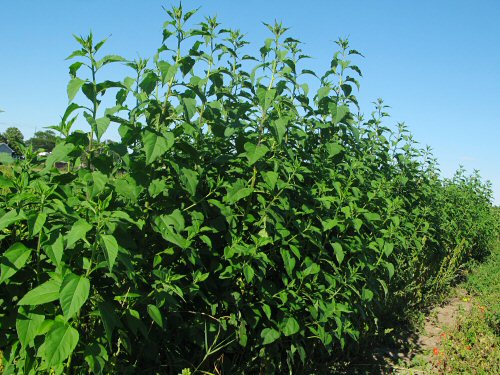To provide the best browsing experience, this site uses technologies like cookies to store and/or access device information. Consenting to these technologies will allow us to process data such as browsing behavior or unique IDs on this site. Not consenting or withdrawing consent, may adversely affect certain features and functions.
The technical storage or access is strictly necessary for the legitimate purpose of enabling the use of a specific service explicitly requested by the subscriber or user, or for the sole purpose of carrying out the transmission of a communication over an electronic communications network.
The technical storage or access is necessary for the legitimate purpose of storing preferences that are not requested by the subscriber or user.
The technical storage or access that is used exclusively for statistical purposes. The technical storage or access that is used exclusively for anonymous statistical purposes. Without a subpoena, voluntary compliance on the part of your Internet Service Provider, or additional records from a third party, information stored or retrieved for this purpose alone cannot usually be used to identify you.
The technical storage or access is required to create user profiles to send advertising, or to track the user on a website or across several websites for similar marketing purposes.





Do you support your chokes at all? Our sunchokes just seem to fall over all the time. What’s your soil like?
Nat West: Nope, no support. They’re planted in a double row, about 24″ (60cm) apart, with 12″ in-row spacing. The soil is quite heavy clay-loam.
I’ve always wanted to grow artichokes. Where do you get them, what zones do they grow in, and is there any special care for them?
Vickie: Note those aren’t artichokes. Jerusalem artichokes are very different from artichokes.
Mike: How well did the J-chokes sell at the market in the spring? If I can sell them like potatoes I’ll be laughing, but I’m guessing not a lot of people know them well. The great thing about them is that they don’t take any effort to grow. I really like the taste of them, but I haven’t figure out a way around the gas problem yet.
Vickie: Yeah, these are Jerusalem artichokes, totally different from artichokes. JA are rated Zone 5 Canada/Zone 4 US, which is hardy to around -30°F (-35°C), but I imagine it’d grow in areas colder than that. It flowers in fall, but you propagate with pieces of the tuber, not seed, so that’s not a problem. They’re really…care-free! If you click the link in the post, you can see photos of what the edible root looks like.
Chris: I think on one Saturday I sold about 10 lbs in 1 lb units, at $6 per, which is pretty expensive for eating as a potato substitute or whatever, but cheap as seed stock. That’s also relatively really good, since I can sell 30-40 units of popular stuff on a normal good day at our market. People were buying them mostly to both try and plant. If people are buying them every week to eat, I think they might have to be priced lower (unless you’re in a busy, upscale city market), but you could probably sell lots of seed stock if you could reach a wider market, like maybe with an ad somewhere. It’s a great investment for the home garden, buy once, and dig up and replant each year, increasing or decreasing your harvest by how much you plant, according to your needs! I didn’t run into the gas problem, but we were eating in smaller quantities in spring/early summer: raw in salads, and cooked with a bunch of other veggies. This fall, I’ll have a chance to find out for myself, ’cause we’ll have a lot!
It might interest some to know that JA are part of the sunflower family (although mine have never flowered…yet) and therefore native to the prairies. Our First Nations’ people ate them as a staple starch. I’m surprised at the zoning info you found as they are definitely ok here in -40 Manitoba. I just leave some in the ground and they come up every year. I think it would be hard not to leave some in the ground :) I can’t say I love them…yet…
Where can I shop for Jerusalem Artichokes (sunchokes) in Kansas City, MO??? Are they available at the City Market? I can’t find them in any produce dept. at any grocery store, and I’ve looked everywhere! Likewise, Broccoli Rabe (Raab). Where can I buy them? I am craving both veggies. Thank you